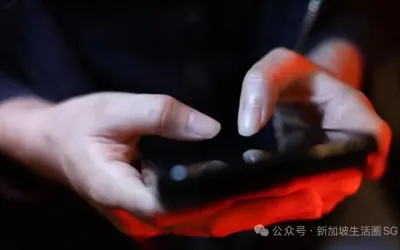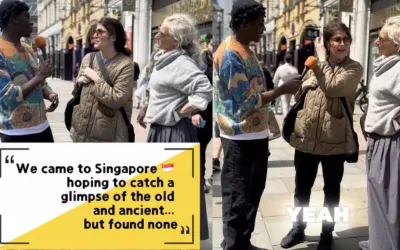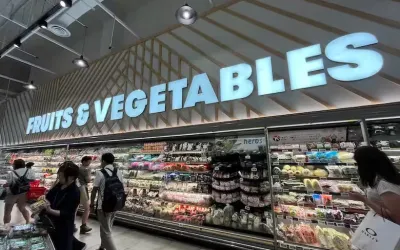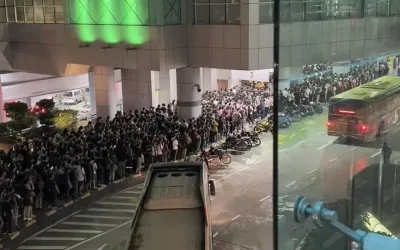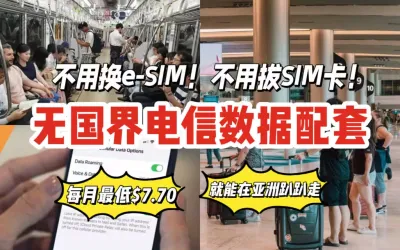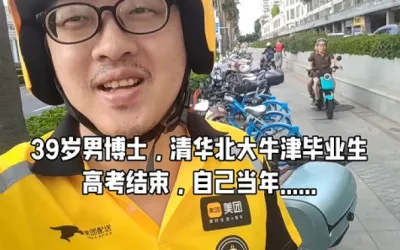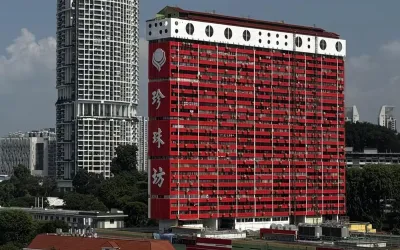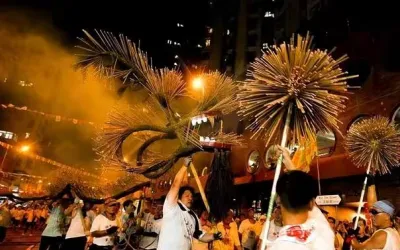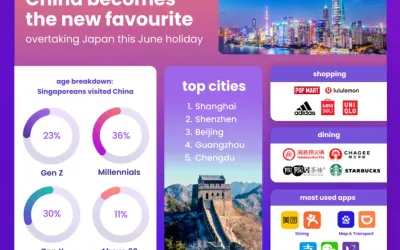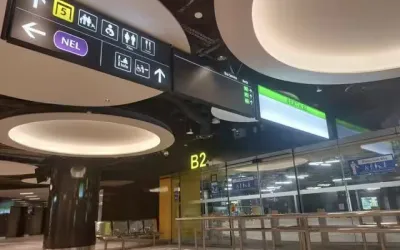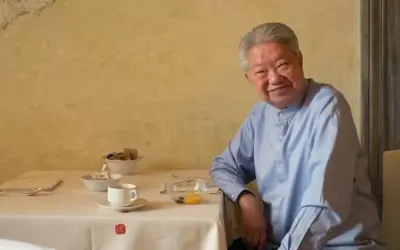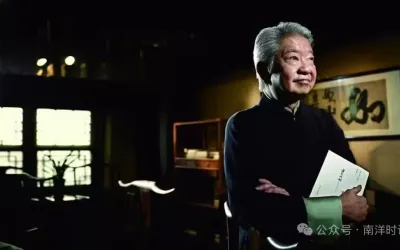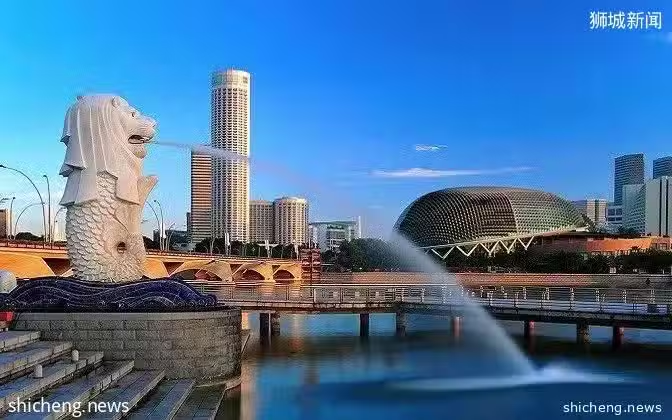
新加坡环境优美、城市干净,被誉为“花园城市”。一尘不染的背后,离不开大大小小的“清洁运动”,其中50年前启动的“保持新加坡清洁运动”影响最大。这场运动最具特色的地方,就是通过罚款来管控社会,促进城市的干净清洁。
新加坡:一尘不染的代价

作者:Tim McDonald
译者:王津雨 & 邵海灵
校对:赵萌萌
策划:邹世昌
What did it take for this sovereign-city state to become Asia’s cleanest, greenest metropolis?
作为亚洲最干净、最环保的大都市,这个城邦国家经历了什么?
本文选自 BBC | 取经号原创翻译
关注取经号,回复关键词“外刊”
获取《经济学人》等原版外刊获得方法
About 200 volunteers scoured the housing estate looking for rubbish in Khatib, a neighbourhood in northern Singapore. There were families with young children and volunteers from a local hospital. And a few, mostly senior, volunteers in matching shirts from the “North West Brisk Walking Club” were there too.
新加坡北部的卡迪社区里,约200名志愿者为翻找垃圾而搜遍了整个住宅区,其中有带小孩的家庭,有当地医院的义工,还有一些“西北快走俱乐部”的志愿者,他们身着同款衬衫,里面很多是老年人。
scour/skaʊr/ v. To search very carefully and thoroughly through an area, a document etc (彻底地)搜寻,翻找,搜查
Some edged into the bushes to pick up a couple of cigarette butts. Others found the odd tissue abandoned on a tabletop. To be honest, this clean-up day seemed like something of a misnomer. It was clean already. None of the volunteers returned with bulging sacks of refuse.
有人钻进灌木丛,就为捡几根烟蒂;有人发现人们在桌子上乱丢纸巾。老实说,把这天称作“清扫日”似乎有点夸张,因为社区已经很干净了,没有一个志愿者是带着鼓鼓囊囊的垃圾袋回来的。
misnomer /,mɪs'nomɚ/ n. A wrong or unsuitable name错误的名字;不恰当的名称
But that’s to be expected in Singapore. The country has long had an obsession with hygiene and cleanliness. And this month marks a big milestone: Founding father and first Prime Minister Lee Kuan Yew kicked off the Keep Singapore Clean campaign 50 years ago this month.
但这在新加坡却是常态。这个国家一直很注重卫生清洁。而本月是一个里程碑式的时间点:50年前的这个月,被称为“新加坡国父”的首任总理李光耀启动了“保持新加坡清洁运动”。
Cleanliness campaigns were already well-established by that time, but this one was different. It was the first time the government used fines as a method of social control. But Singapore’s economic advance seemed to short-circuit its initial success. By any measure, Singapore is clean. But not for the reasons you might think.
当时大大小小的清洁运动都很成熟了,但这个运动不同,这是新加坡政府首次使用罚款进行社会管控。该运动获得了迅速的成功,但新加坡的经济发展似乎让这一成功偏离了运动的初衷。不管以什么标准来衡量,新加坡都可以说是很干净的,但个中缘由未必是你以为的那样。
short-circuit /ʃɔrt ˈsɚkɪt/ v. If someone or something short-circuits a process or system, they avoid long or difficult parts of it and use a quicker, more direct method to achieve their aim. 绕过
Clean and Green
清洁与环保
If you’ve ever walked in the same direction as a rubbish truck as it idles up the street on its daily collection here in Singapore, you immediately understand why the city is cleaned so relentlessly. The dumpster perfume really slaps you in the face.
如果你跟一辆缓缓驶过的垃圾车走在同一个方向,就会明白为什么这座城市总是没完没了地在打扫————垃圾桶里那扑面而来的味道,简直就像狠狠打了你一耳光。
In cities with a cooler climate, it’s probably okay to go a little longer between household collections. But in the hot, humid tropics, it’s an urgent task. Lingeringhousehold and commercial waste can be downright dangerous.
在气候较为凉爽的城市,人们收生活垃圾还能稍微迟些。但在炎热潮湿的热带地区,收垃圾就刻不容缓了。生活垃圾和商业垃圾一旦搁太久,就会特别危险。
lingering /'lɪŋgərɪŋ/ adj. continuing to exist for longer than usual or desirable拖延的,久缠不去的
“If you have littering like you see in other countries, it can breed rodents, flies, cockroaches. They are all carriers of bacteria and germs,” said Edward D’Silva, chairman of the Public Hygiene Council. Mosquitoes are an even bigger worry. You won’t get malaria here, but in a bad year, there’ll be tens of thousands of cases of dengue.
新加坡公共卫生理事会主席爱德华·德西尔瓦指出:“如果你像其他国家的人那样乱丢垃圾,就会招来老鼠、苍蝇和蟑螂,它们都携带着病菌。”蚊子更麻烦。新加坡没有疟疾,但要是哪一年运气不好,就会有成千上万人患上登革热。
Clean and Green
清洁与绿色
When he introduced the Clean and Green policy, Lee Kuan Yew had loftier goals in mind. It was part of a larger push that included changes to public health laws, the relocation of street vendors into hawker centres, the development of proper sewage systems and disease control measures. At the same time, the population moved from Kampongs (Malay-style villages with wooden huts) into housing estates with better infrastructure.
李光耀在推行清洁与绿色政策时,心中怀有更加宏大的目标。这项政策只是他全面改革的一部分,其他措施包括修改公共卫生法、将路边摊迁至小贩中心、完善污水处理系统与疾病管控措施等。同时,住在小村子(译者注:Kampongs是指建有木屋的马来西亚式村庄)的人搬到了基础设施更好的住宅区。
hawker centres: 新加坡和马来西亚的小贩中心(又称熟食中心),是由政府兴建的室外开放式饮食集中地,售卖食品物美价廉、种类繁多,以东南亚熟食以及饮品为主。
“We have built, we have progressed. But no other hallmark of success will be more distinctive than that of achieving our position as the cleanest and greenest city in South Asia,” he said in 1968.
“我们已进行了社会建设,也已取得了进步。但如果新加坡能成为南亚最干净环保的城市,这将成为我们最具特色的成功标志。”李光耀在1968年说道。
In addition to adverts, there were public education activities, lectures by health officials and spot checks by the government. There were also competitions which highlighted both the cleanest and the dirtiest offices, shops, factories, government buildings, schools and public vehicles.
除了宣传广告,政府开展了抽查行动,卫生机构也举办了公共教育活动、组织了讲座。此外还有比赛,重点评选出最干净和最脏乱的办公室、商店、工厂、政府大楼、学校和公交车。
The campaign was followed by a plethora of others. Throughout the 1970s and 1980s, there were campaigns that urged Singaporeans to keep toilets, factories and bus stops clean. The 1976 Use Your Hands campaign had students, parents, teachers, principals and civil servants cleaning up schools at the weekend. There were also numerous tree planting initiatives.
这一运动开始后,其他运动也像雨后春笋般出现了。在整个七十到八十年代,涌现了不少类似的运动,敦促新加坡人保持厕所、工厂和公交站的清洁。在1976年的“投入双手”运动中,学生、家长、老师、校长和公务员要在周末打扫学校。此外,人们还种了很多树。

